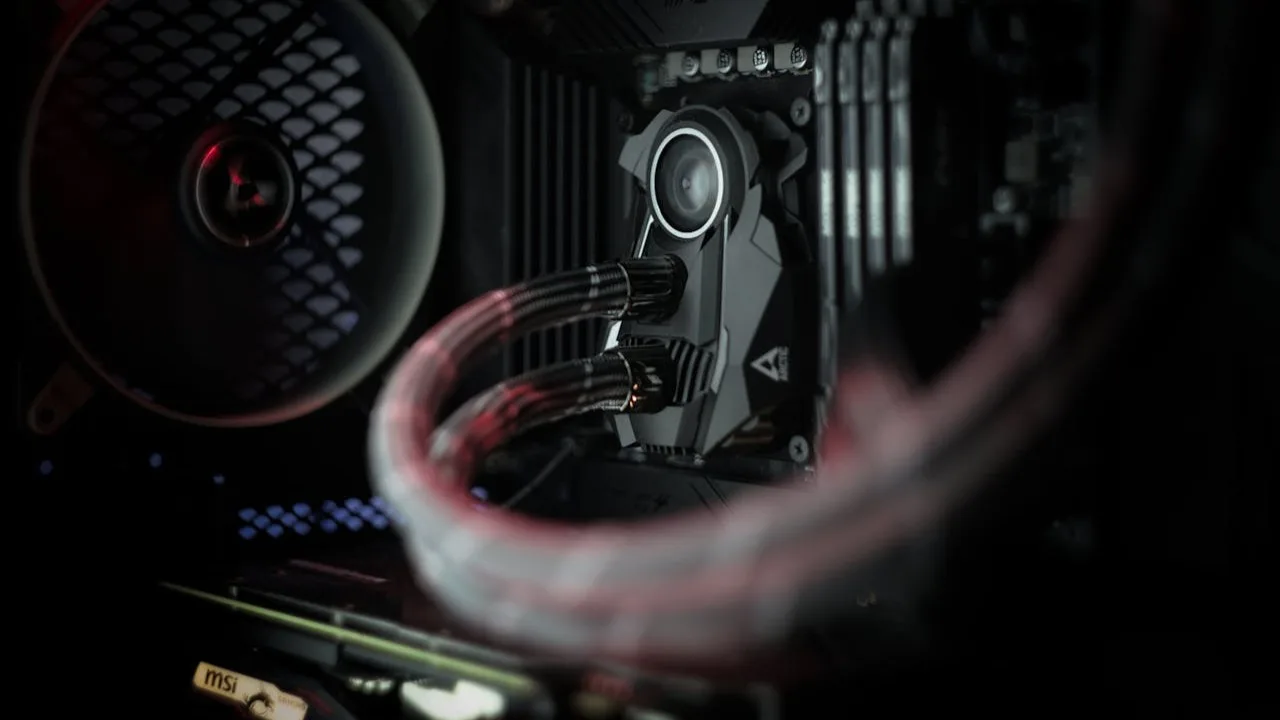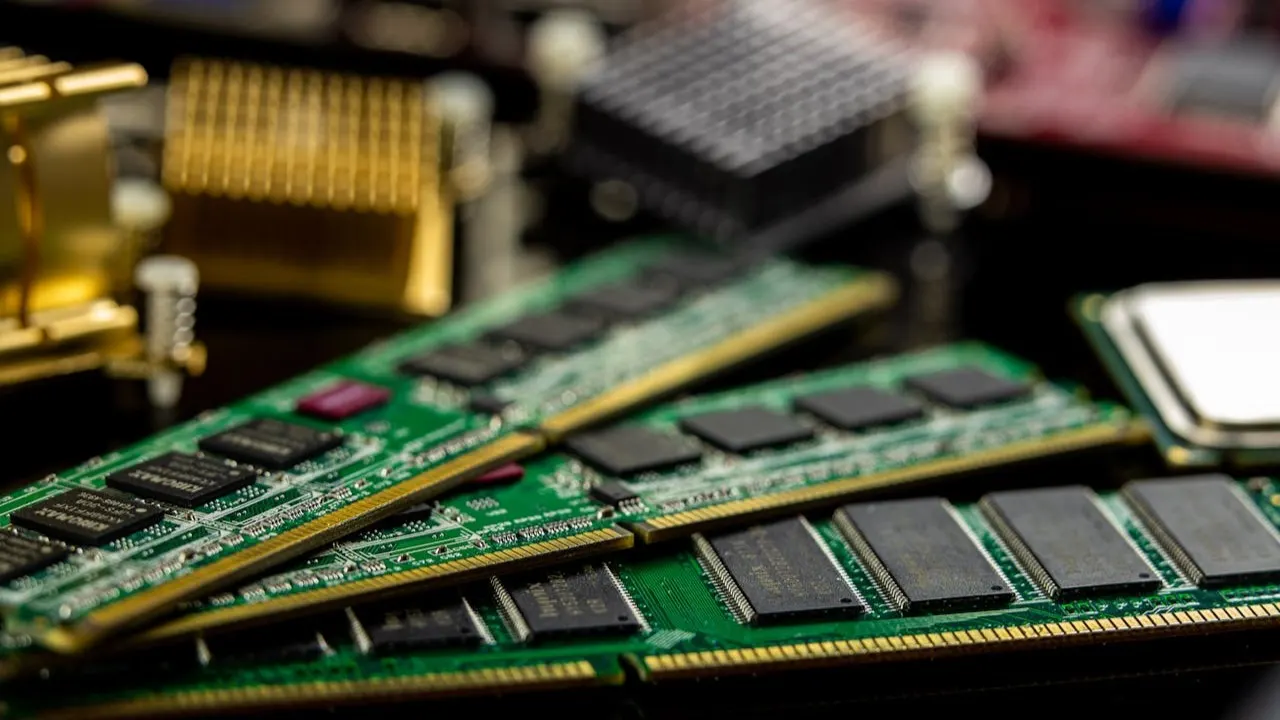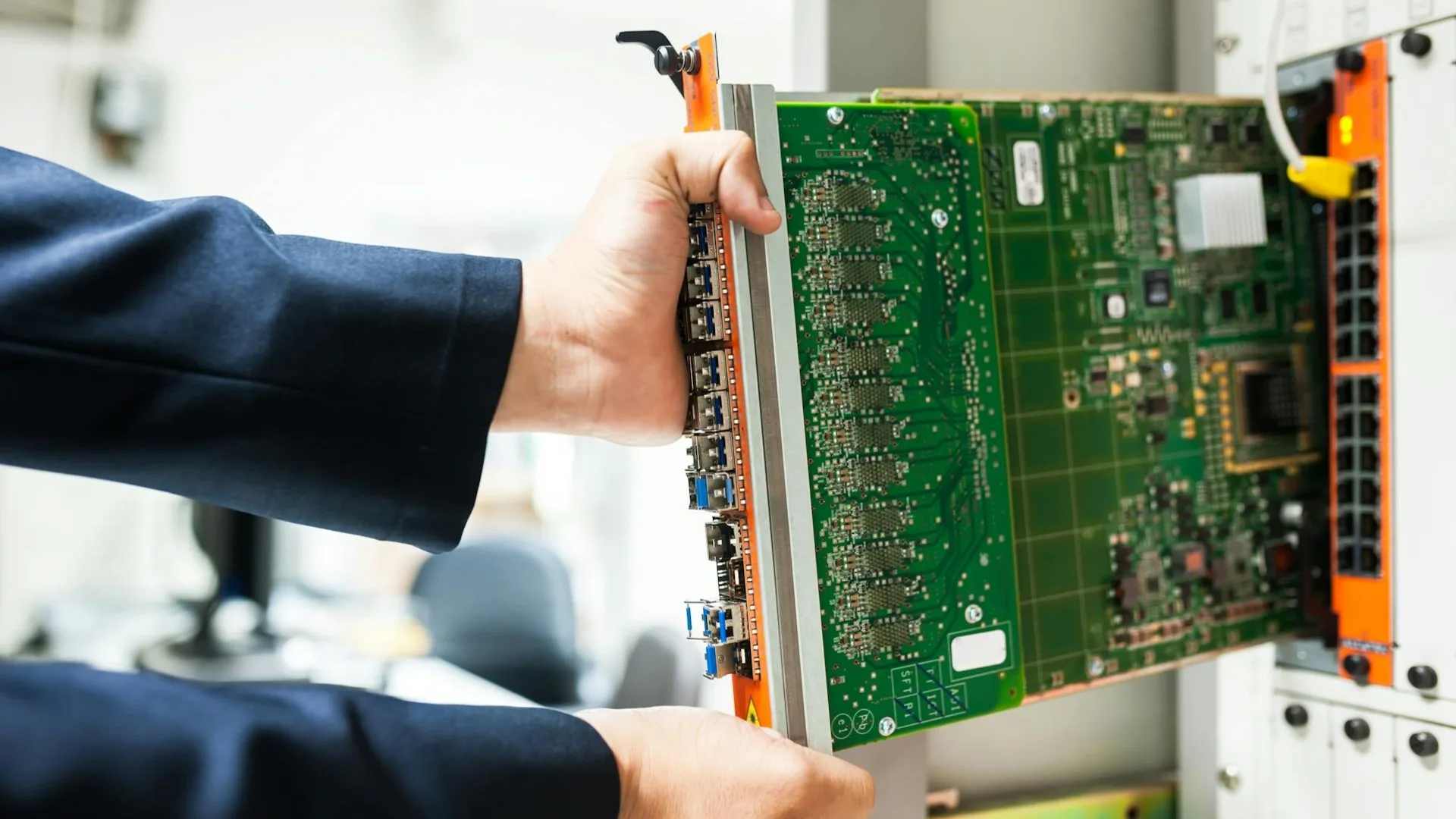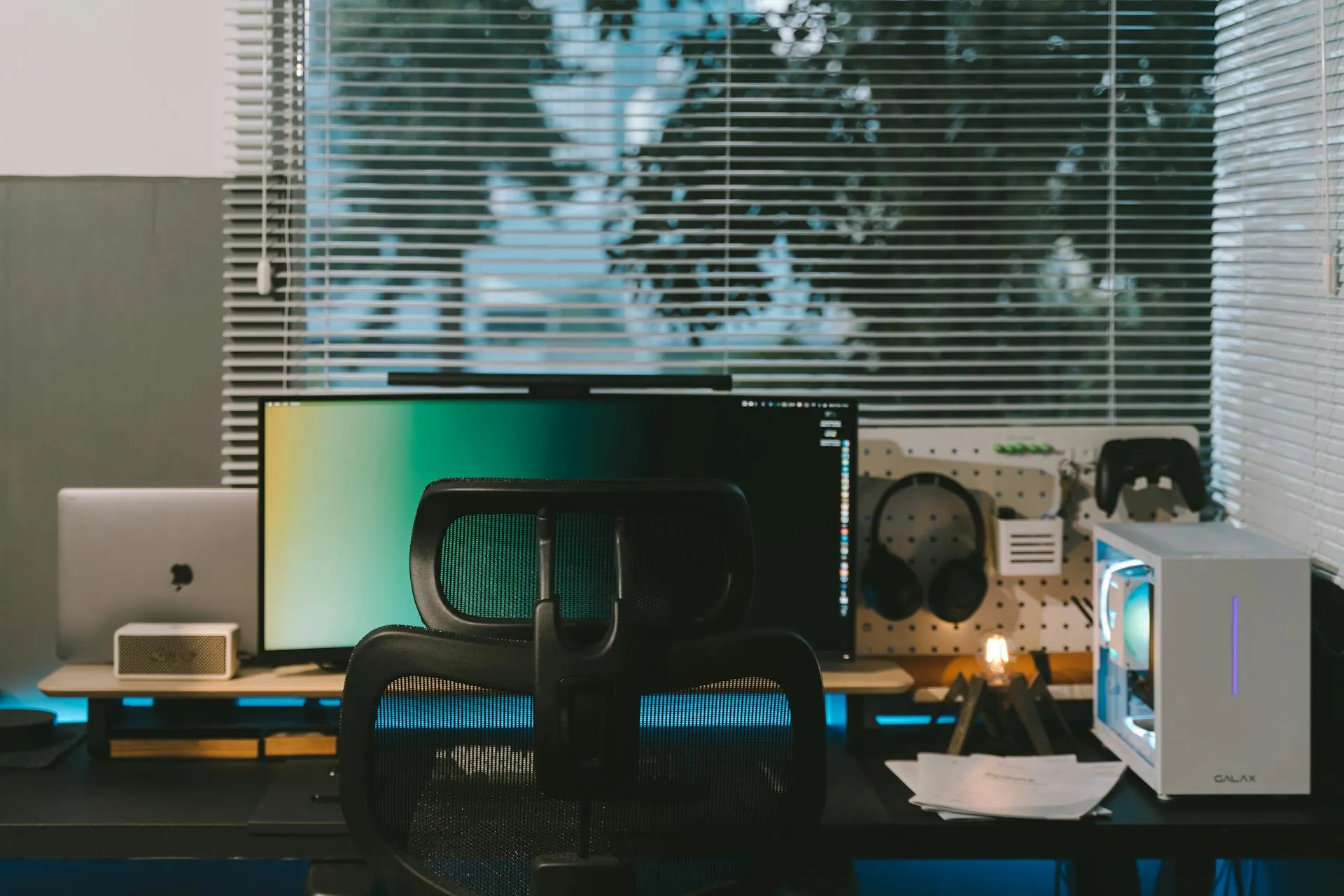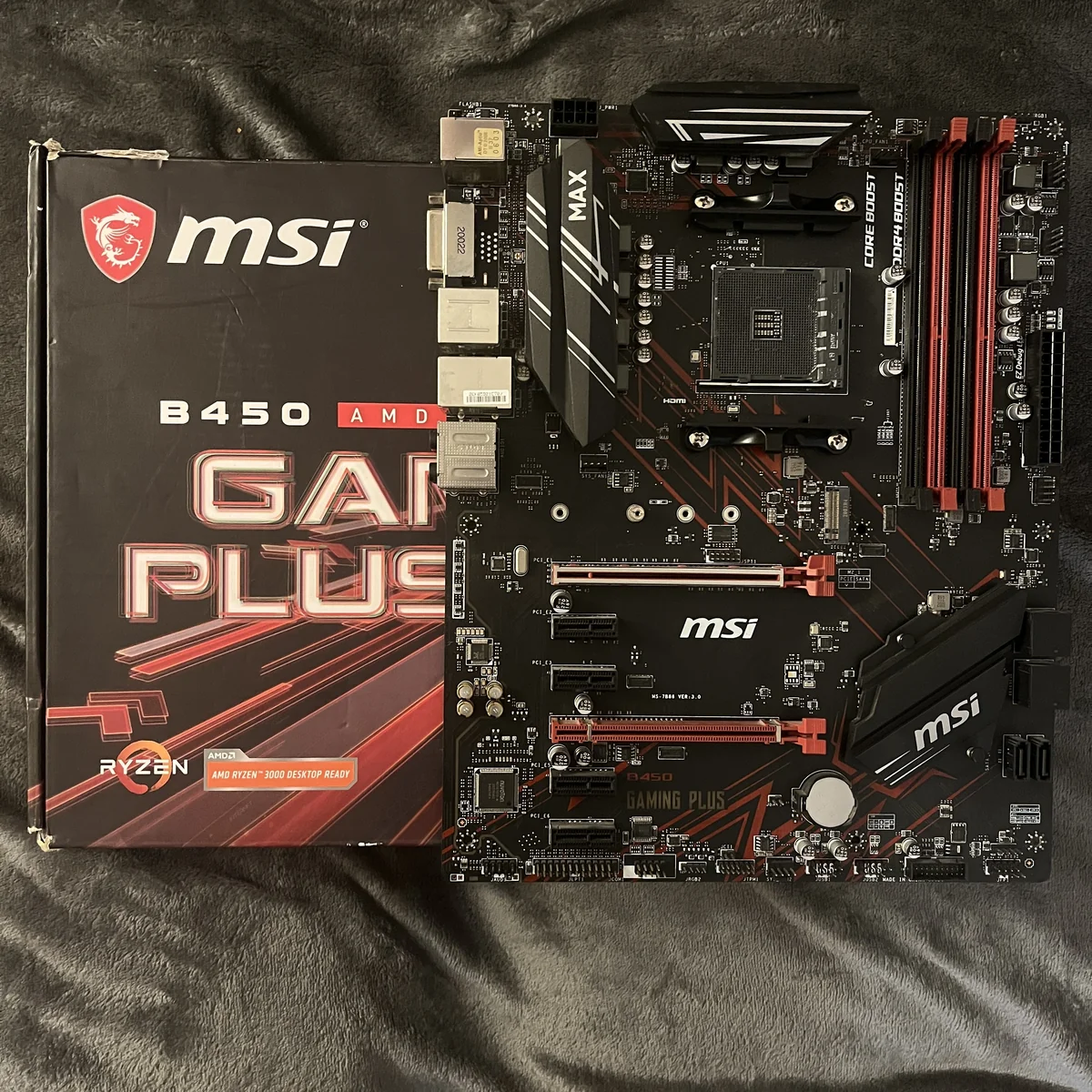Walk into any UK gaming forum, Discord group, or resale marketplace and you’ll see the same trend: second-hand PC builds are thriving. This isn’t just a niche choice — it’s a necessity shaped by pricing, culture, and sustainability.
New Hardware Pricing Has Left Many Consumers Behind
The cost of new-gen components has climbed beyond reach for many UK buyers. Modern GPUs often sell for £700–£1,200, while CPUs regularly push £400 or more. Factor in rising memory and storage costs, and the barrier to entry for a new build has become almost insurmountable for the average consumer.
The result? Entire sections of the community are effectively priced out of day-one adoption. Instead of chasing the latest release, most turn to second-hand hardware. A £250 used GPU or a £100 motherboard delivers plenty of power for modern games and creative tasks, without the eye-watering expense.
We explored how older parts retain their performance and resale value in The Hidden Value in Old PC Parts. In the UK context, this isn’t just hidden value, it’s the only practical way forward.
The Value Cycle That Shapes the Market
Second-hand builds work because hardware doesn’t become obsolete overnight. Instead, it flows through a value cycle:
- Launch phase: premium price tags price out most consumers.
- 12–24 months later: early adopters upgrade, releasing strong hardware into the resale market.
- Mature phase: supply stabilises, and resale pricing hits the sweet spot for performance-per-pound.
This cycle has been absorbed into the UK community’s mindset. Shoppers no longer see waiting as a compromise, they see it as the smartest way to buy.

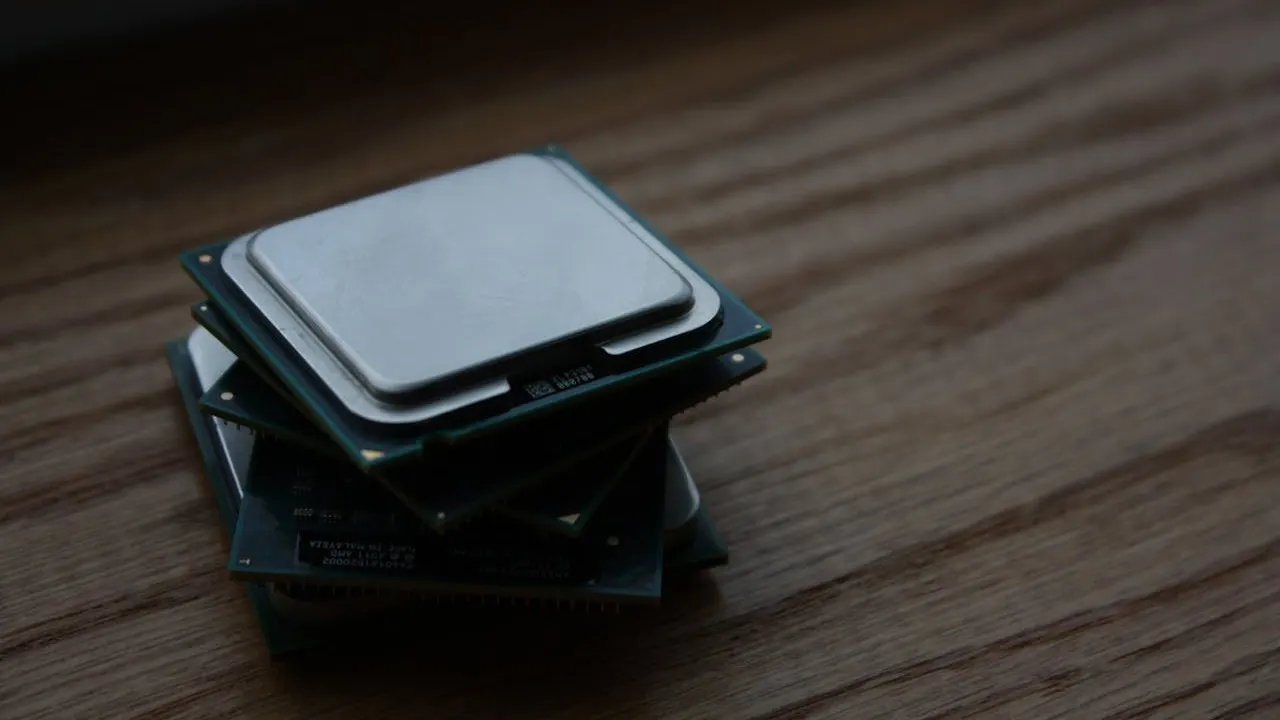
Cutting E-Waste and Extending Lifespans
Beyond affordability, there’s the issue of e-waste. Europe generates millions of tonnes of electronic waste every year, and PC components are part of that stream. Extending a GPU’s lifespan through two or three owners means fewer parts hitting landfill, and less strain on supply chains.
The UK community plays an active role here. Cleaning, repasting, and repurposing parts is now standard practice - transforming neglected hardware into usable, even desirable, components. What might once have been discarded is now part of a thriving ecosystem.
Right to Repair and Policy Pressure
This culture of reuse echoes broader policy efforts. The EU’s Right to Repair directive requires manufacturers to make spare parts and repair information available for longer, helping consumers extend device lifespans. Anti e-waste laws also push for greater recyclability and less planned obsolescence.
While the UK no longer follows EU law directly, these movements still shape consumer expectations. Many UK buyers see second-hand builds as their own grassroots version of right-to-repair: recycling components through the marketplace to counteract rising prices and short product cycles.
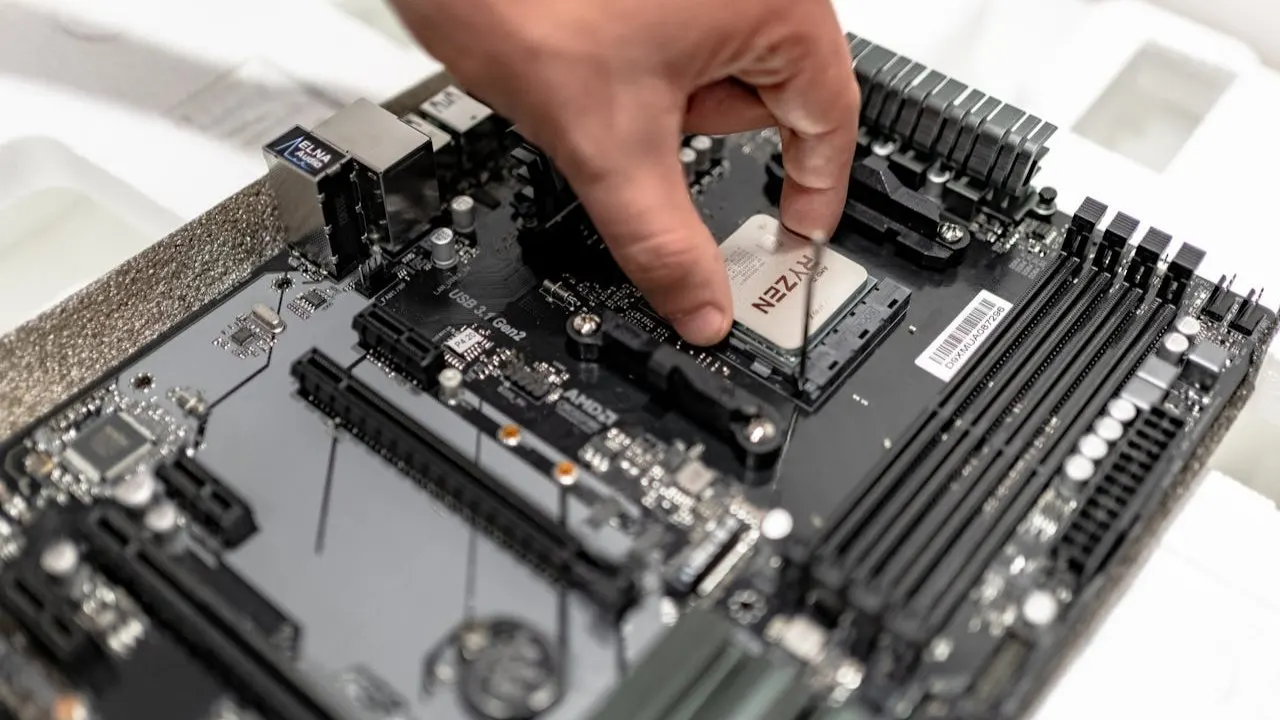
A Community Identity
Over time, second-hand culture has become part of the UK tech identity. On Reddit, Discord, and local groups, users swap benchmarks, cleaning tips, and upgrade stories. Pride comes not from buying the latest launch, but from extracting maximum value and building something powerful at a fraction of the cost.
It’s a form of resistance against unsustainable pricing - and a celebration of resourcefulness.
The Message Here
High pricing has forced consumers out of the new-gen market, but the UK community hasn’t slowed down. Instead, it has created one of the strongest second-hand build cultures in Europe - one that: saves money, reduces e-waste, and turns reuse into both a necessity and a point of pride.
As we argued in The Hidden Value in Old PC Parts, older hardware holds surprising value. In the UK, that value isn’t just hidden - it’s essential.

